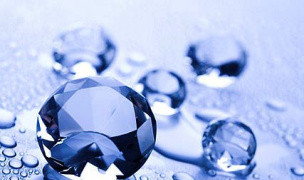 18 Terms
18 TermsHome > Industry/Domain > Biology; Medical > Human genome
Human genome
The human genome consists of 23 chromosome and the small mitochondrial DNA. 22 of the 23 chromosomes are autosomal chromosome pairs and the last one being a gender-determining pair. In total, the human genome contains the sequences of the 3 billion chemical base pairs that make up human DNA and approximately 20,000-25,000 genes. By understanding human genome, scientists are able to develop new medical applications that can significantly advance the state of health care.
Contributors in Human genome
Human genome
autoimmune disease
Medical; Human genome
A condition in which the body recognizes its own tissues as foreign and directs an immune response against them.
asperger syndrome
Medical; Human genome
1) A childhood disorder predominately affecting boys and similar to autism (autistic disorder). It is characterized by severe, sustained, clinically significant impairment of social interaction, and ...
autoimmunity
Medical; Human genome
1) Process whereby the immune system reacts against the body's own tissues. Autoimmunity may produce or be caused by autoimmune diseases. 2) A condition in which the body produces an immune ...
bile
Medical; Human genome
A fluid made by the liver and stored in the gallbladder. Bile is excreted into the small intestine, where it helps digest fat. Definition from: National Cancer Institute dictionary.
carbamazepine
Medical; Human genome
An anticonvulsant used to control grand mal and psychomotor or focal seizures. Its mode of action is not fully understood, but some of its actions resemble those of phenytoin; although there is ...
choroid
Medical; Human genome
The thin, highly vascular membrane covering most of the posterior of the eye between the RETINA and SCLERA.


